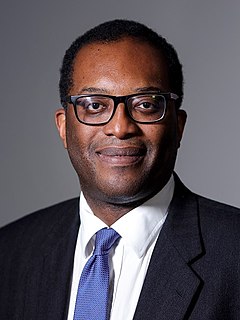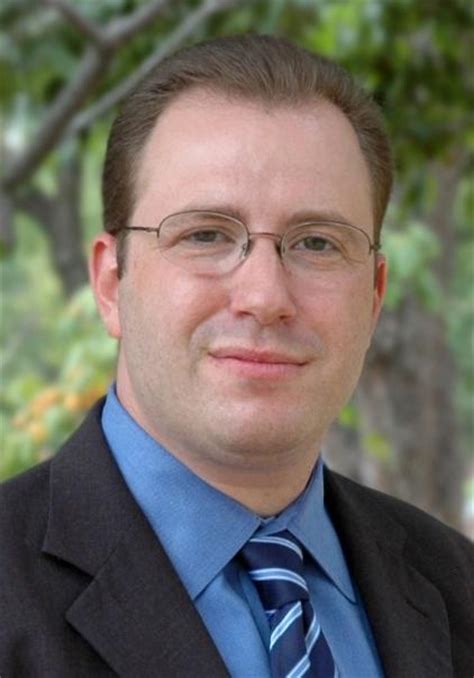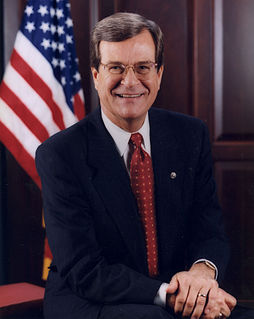A Quote by Kwasi Kwarteng
The idea that, in the age of Google, Facebook and the internet, government can control the 'commanding heights' of the economy is one of the great delusions of our age. Modern techonology, social media, the explosion of online retail, among many other things, have meant that governments have less and less control.
Related Quotes
Social media is important, but it does not bring down governments. Governments can shut down the Internet. Governments can control media access. If they do what the Tunisians did and try and negotiate with the opposition, then the media's still open, the international community can learn what's happening in the country, and then that can provide inspiration. But in mid-2009, the Iranian regime just shut down the Internet. Facebook went dark. Twitter went dark. BBC Persian, Voice of America, Persian News Network all went dark. That was it.
If, then, the control of the people over the organs of their government be the measure of its republicanism, and I confess I know no other measure, it must be agreed that our governments have much less of republicanism than ought to have been expected; in other words, that the people have less regular control over their agents, than their rights and their interests require.
The industries closest to Google - media, advertising, and entertainment - are affected first. But the avalanche that is Google and the internet will overtake all industries and institutions - carmakers, bankers, universities, government - as we undergo a fundamental restructuring of the economy and society. Every industry and institution would be wise to understand the need for handing over control, for transparency, for collaboration and speed.
Like most terms of political discourse, socialism has more or less, lost its meaning. Socialism used to mean something. If you go back far enough it meant basically control of production by producers, elimination of wage labor, democratization of all spheres of life; production, commerce, education, media, workers control of factories, community control of communities, and so on. That was socialism once. But it hasn't meant that for a hundred years. Socialism meant something different.
I have a personal Twitter for band purposes, but I don't use social media a lot. I fall in a weird age gap. I was on band message boards when I was 16, but I was on the early curve of Facebook. I did it for work when I worked in media, and I did it for the band, but I can't relate to the idea that you live your life online.
Obesity is the result of a loss of self-control. Indeed, loss of self-control might be said to be the defining social (or anti-social) characteristic of our age: public drunkenness, excessive gambling, promiscuity and common-or-garden rudeness are all examples of our collective loss of self-control.
We cannot choose how many years we will live, but we can choose how much life those years will have. We cannot control the beauty of our face, but we can control the expression on it. We cannot control life's difficult moments but we can choose to make life less difficult. We cannot control the negative atmosphere of the world, but we can control the atmosphere of our minds. Too often we try to choose and control things we cannot. Too seldom we choose to control what we can ... our attitude.
Societies exist under three forms sufficiently distinguishable. 1. Without government, as among our Indians. 2. Under governments wherein the will of every one has a just influence, as is the case in England in a slight degree, and in our states, in a great one. 3. Under governments of force: as is the case in all other monarchies and in most of the other republics. To have an idea of the curse of existence under these last, they must be seen. It is a government of wolves over sheep.
We may say with truth and meaning, that governments are more or less republican, as they have more or less of the element of popular election and control in their composition; and believing as I do, that the mass of the citizens is the safest depository of their own rights and especially that the evils flowing from the duperies of the people are less injurious than those from the egoism of their agents, I am a friend to that composition of government which has in it the most of this ingredient.
I think Britain can be one of the great success stories of the 21st century - we've got the talent, the drive, the connections around the world. But if we vote to Leave, then we lose control. We lose control of our economy, and if you lose control of your economy you lose control of everything. That's not a price worth paying.
































